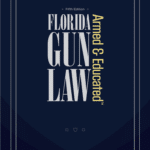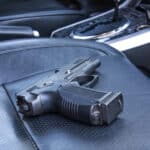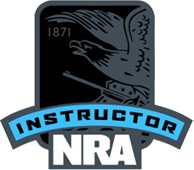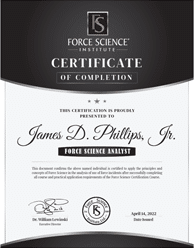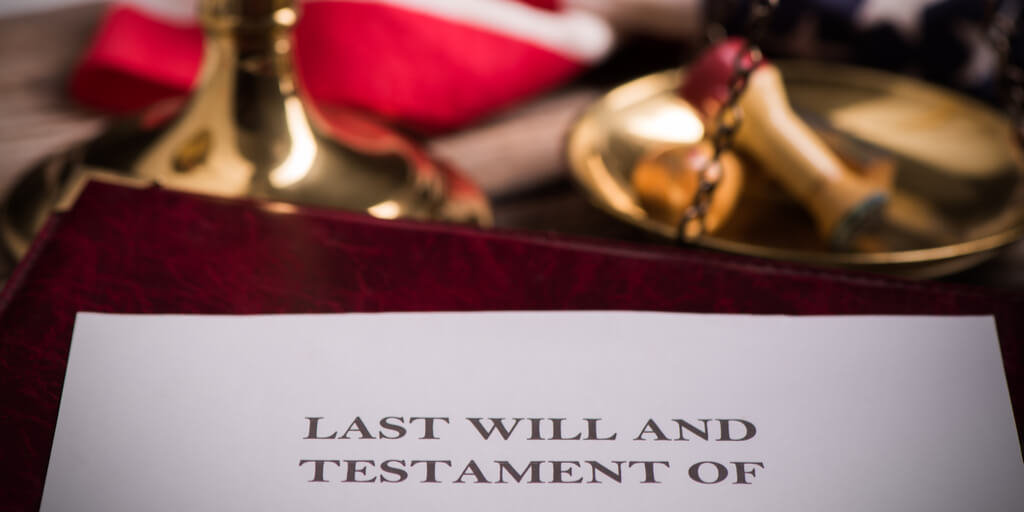
- February 12, 2020
- |
- Gun Laws,Gun Ownership FAQ,Inheriting A FIrearm,Ownership
Inheriting A Firearm
If you are inheriting a firearm, you may have many questions. Frequently, we are contacted when a resident of Florida inherits a firearm from a relative in another state. The caller is aware of the normal rules that prohibit the transfer of a firearm between two people who are residents of different states. They worry that if they take possession of the firearm they will be breaking Federal Law.
Federal Law Prohibits Direct Sale of a Firearm between residents of different states
The transfer of a firearm across state lines ordinarily must be done through a Federal Firearm Licensee (FFL). If you are selling or gifting a firearm to someone who is a resident of a different state, you must use an FFL to make the transfer. This is true even if it is a close family member such as a child. Federal law governs any transaction that occurs across state lines. Generally, FFLs charge a small fee to assist in making the transfer.
To sell or gift a firearm to someone outside of your state of residence, you must take the firearm to an FFL and arrange to have it sent to an FFL in the receiver’s home state. Both the seller (gift giver) and the purchaser (gift receiver) commit a Federal crime if the transfer is made directly without using an FFL. Both parties are guilty of a Federal Felony punishable by up to 5 years in prison and a $5,000 fine.
Inheriting A Firearm is different
If you are inheriting a firearm from a person in another state, the normal interstate transfer rules do not apply. The executor of the will can transfer the firearm to you without going through an FFL. This also applies to interstate inheritance. The only issue is that the receiver (you) must lawfully be able to possess a firearm in your state of residence. If you are ineligible to possess a firearm, the executor cannot transfer the firearm to you.
Registering your Inherited Firearm
Many people in Florida move here from northern states. These states require the registration of every firearm. That is not the case in Florida. There is no firearm registry here. Even if you wanted to register your newly inherited firearm you could not.
Inheriting A Firearm – Antiques
Finally, if you are inheriting an antique firearm, you do not need to worry about the above rules. Antique firearms are not “firearms” for the purposes of either Florida or Federal law. Antique firearms are simply property.
An antique firearm under federal law includes any firearm with a matchlock, flintlock, or percussion cap, or similar type of ignition system manufactured in or before 1898 or any replica of a firearm just described so long as the replica “is not designed or redesigned for using rimfire or conventional centerfire fixed ammunition, or uses rimfire or centerfire ammunition that is no longer manufactured in the United States and is not readily available in ordinary channels of commerce.” 18 U.S.C. §§921(16) (A) and (B)
Under Florida law, antique firearm means“any firearm manufactured in or before 1918 (including any matchlock, flintlock, percussion cap, or similar early type of ignition system) or replica thereof, whether actually manufactured before or after the year 1918, and also any firearm using fixed ammunition manufactured in or before 1918, for which ammunition is no longer manufactured in the United States and is not readily available in the ordinary channels of commercial trade.” See Florida Statute §790.001(1).
Get in touch

"*" indicates required fields
Copyright © 2022-2025 The Firearm Firm All rights reserved.

